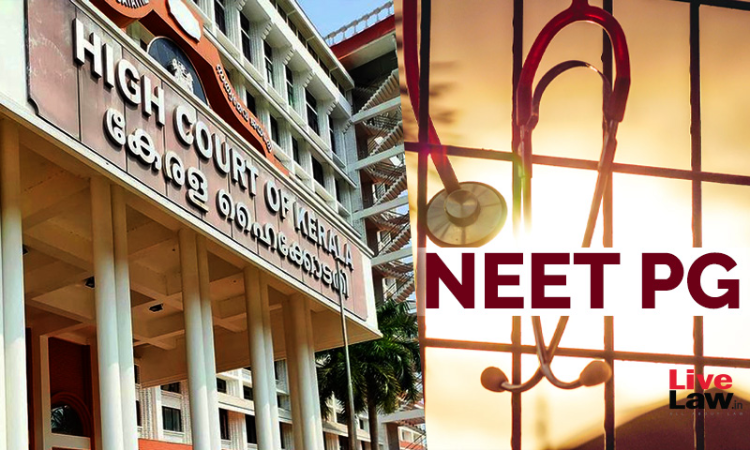The Kerala High Court recently held that NEET-PG candidates engaging in Rural Area service or Difficult Rural Area service cannot claim an exclusive sub-quota as a matter of right. Justice N. Nagaresh observed that this was more so since the Prospectus for Admission to Medical Postgraduate Degree Courses 2021-2022 provided for 2% service weightage for Rural Area service and 5% for Difficult...

